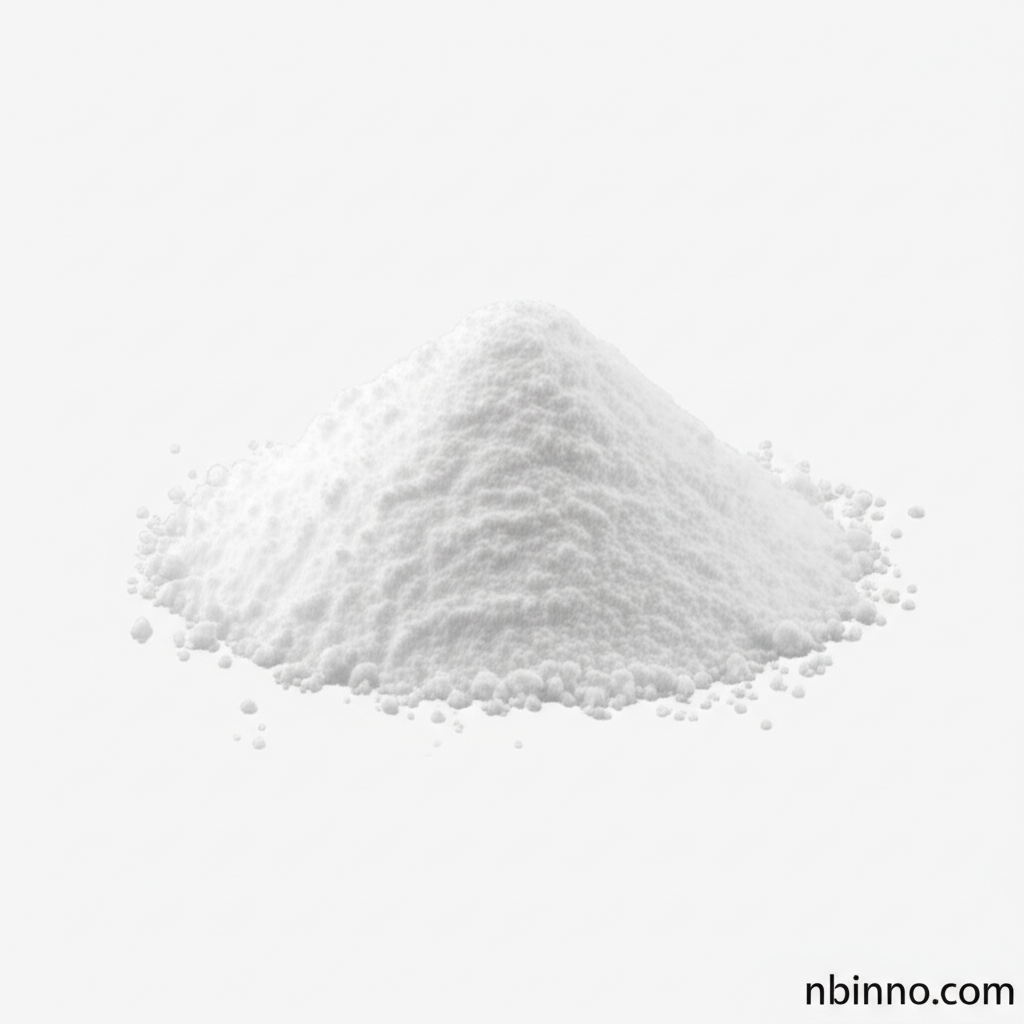DL-1,4-Dithiothreitol (DTT) CAS 3483-12-3: A Key Reducing Agent in Biochemistry and Beyond
Discover the essential role of DL-1,4-Dithiothreitol (DTT) in modern scientific research. As a potent reducing agent, DTT is indispensable for maintaining protein structure and enzyme function.
Get a Quote & SampleProduct Core Value

DL-1,4-Dithiothreitol
As a reliable supplier in China, we provide high-purity DL-1,4-Dithiothreitol, a vital small-molecule reducing agent. It is critical for breaking disulfide bonds in proteins and peptides, thereby ensuring optimal enzyme activity and protein stability. This compound is fundamental in preventing oxidation, a common issue in biological samples and processes. Our commitment as a manufacturer in China ensures consistent quality and availability for your research needs.
- The prevention of oxidation in biochemistry is crucial, and DTT plays a key role in safeguarding sensitive biological molecules.
- Understanding how to use DTT in biochemical studies can significantly improve experimental outcomes and reproducibility.
- The cleavage of disulfide bonds by DTT is essential for protein folding studies, allowing researchers to investigate protein structure accurately.
- As a DL-1,4-Dithiothreitol reducing agent, its application in molecular biology is widespread, from sample preparation to enzyme assays.
Advantages Offered by the Product
Enhanced Protein Stability
DL-1,4-Dithiothreitol effectively maintains protein stability by reducing disulfide bonds, a critical aspect of biochemical studies.
Improved Enzyme Activity
By preventing oxidation, DTT helps preserve enzyme activity, ensuring reliable results in enzymatic assays and processes.
Versatile Biochemical Tool
Recognized as Cleland's reagent, its application in molecular biology and research highlights its versatility and importance.
Key Applications
Biochemistry
DTT is widely used as a reducing agent for the quantitative reduction of disulfide groups in various biochemical processes.
Molecular Biology
Essential for maintaining the integrity of RNA and DNA by preventing their oxidation during research protocols.
Protein Folding Studies
Facilitates accurate protein folding studies by cleaving disulfide bonds and preventing incorrect formations.
Enzyme Assays
Enhances enzyme stability and activity, crucial for the successful execution of enzyme-based experiments.
